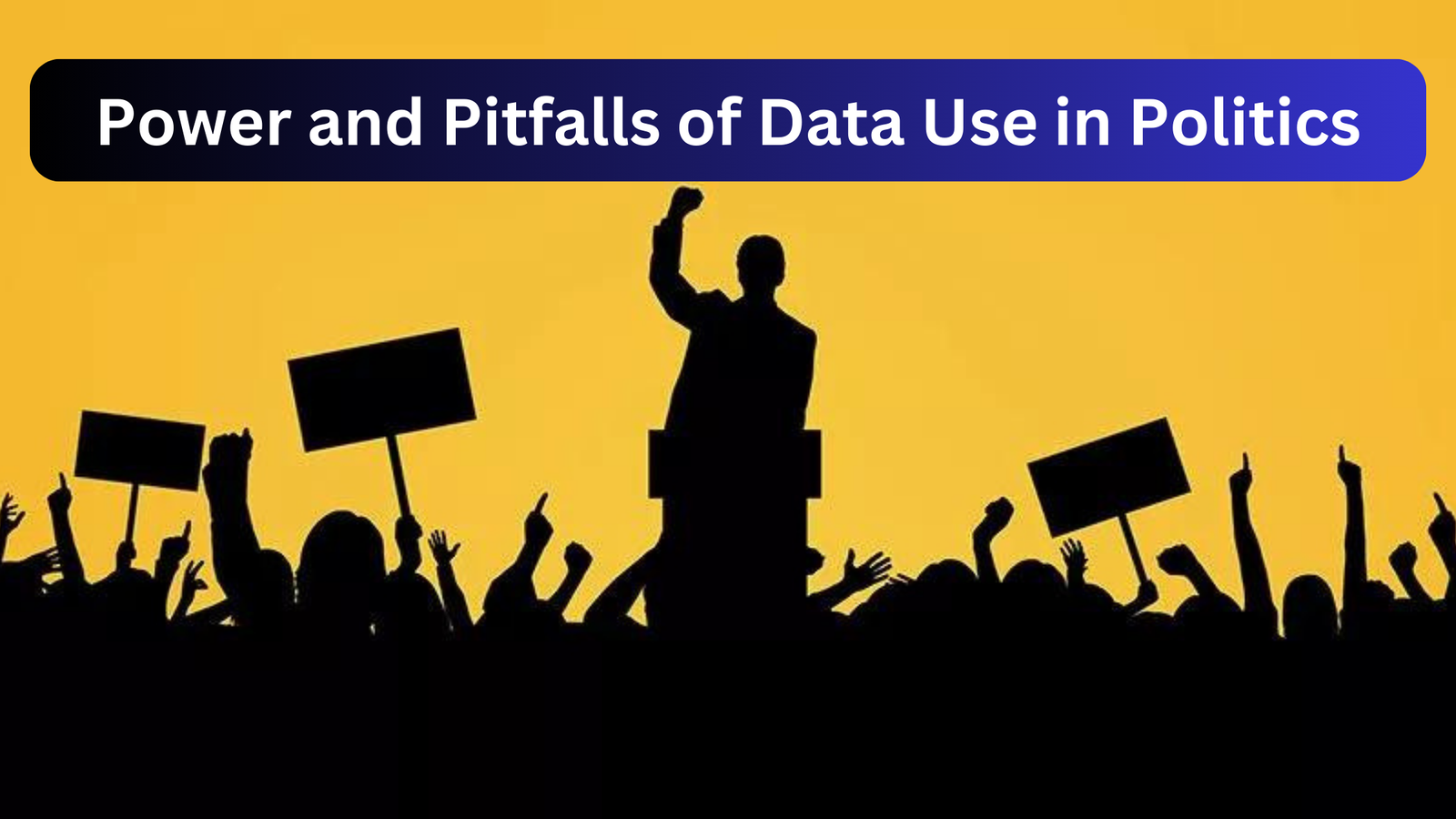Unveiling the Power and Pitfalls of Data Use in Politics
In an era driven by Data, it’s no surprise that the realm of politics has embraced its potential to wield influence and shape outcomes. From crafting campaign strategies to targeting voters, data use has become the cornerstone of modern political operations. However, with great power comes great responsibility, and the Ethical considerations surrounding data use in politics are more crucial than ever. Join us as we delve into the ethical and non-ethical uses of Data in politics, shedding light on both its promise and perils.
The Power of Data in Politics
Data analytics has revolutionized the way political campaigns are conducted. By harnessing vast amounts of Data use from various sources such as social media, voter registrations, and consumer behavior, political strategists can finely tune their messaging and target specific demographics with precision. This targeted approach allows campaigns to allocate resources efficiently, maximizing their chances of success.
Moreover, Data-driven decision-making enables politicians to better understand the needs and concerns of their constituents. By analyzing demographic trends and public opinion Data, policymakers can formulate policies that are more reflective of the electorate’s preferences, ultimately fostering a more responsive and accountable government.
Ethical Uses of Data in Politics
One ethical application of Data use in politics lies in improving voter engagement and turnout. By leveraging Data Analytics, campaigns can identify segments of the population that are historically underrepresented and tailor outreach efforts to mobilize these groups. This inclusive approach promotes democratic participation and ensures that all voices are heard in the political process.
Furthermore, Data use can be used to enhance transparency in political fundraising and expenditure. By publicly disclosing campaign Finance Data, voters can hold politicians accountable for their Financial activities and identify any potential conflicts of interest. This transparency fosters trust between elected officials and the electorate, reinforcing the democratic principles of accountability and integrity.
Non-Ethical Uses of Data in Politics
However, the Ethical use of Data in politics is not always guaranteed. One concerning practice is the misuse of Personal Data for microtargeting and voter manipulation. Recent scandals, such as the Cambridge Analytica controversy, have highlighted the dangers of unchecked Data use exploitation in political campaigns. When personal information is harvested without consent and used to manipulate voter behavior, it undermines the democratic process and erodes trust in political institutions.
Another ethical gray area is the use of algorithmic bias in decision-making processes. If algorithms are trained on biased data or programmed with implicit biases, they can perpetuate and exacerbate existing inequalities in society. This can lead to discriminatory outcomes in areas such as voter suppression and resource allocation, disenfranchising marginalized communities and undermining the principle of equal representation.
Join Us in Shaping the Future of Data Ethics in Politics
At KAE Education, we recognize the pivotal role of Data Science in shaping the future of politics. That’s why we’re proud to offer a cutting-edge Post Graduate Program in Data Science, equipping aspiring data professionals with the skills and knowledge to navigate the ethical complexities of Data use in politics and beyond. Join us in our mission to harness the power of Data use for positive change, ensuring that Ethical considerations remain at the forefront of political decision-making.
Conclusion
As Data continues to permeate every aspect of our lives, its role in politics will only grow in significance. By embracing ethical Data practices and holding policymakers accountable for their use of Data, we can harness its transformative potential to build a more inclusive and democratic society. Let’s work together to ensure that data remains a force for good in the realm of politics, shaping a future that upholds the principles of integrity, transparency, and equity.
#DataEthics #PoliticalAnalytics #EthicalDataUse #DataInPolitics #KAEEducation #DataScienceProgram #EthicalDecisionMaking #TransparencyAndAccountability
Data is used to target voters with personalized messages, predict election outcomes, and optimize campaign strategies. Political parties leverage social media analytics, voter behavior data, and demographic insights to gain an edge.
Data misuse can lead to voter manipulation, privacy violations, and the spread of misinformation. There’s also the risk of reinforcing biases and creating echo chambers, undermining democratic processes.
Transparency, consent, and strict Data protection laws are key. Ensuring that Data is used for informed decision-making rather than exploitation and providing clear guidelines on how Data is collected and shared are essential steps.


Its such as you learn my mind! You seem to grasp so much approximately this, such as you wrote the book in it or something. I think that you just could do with a few to pressure the message house a bit, however other than that, this is fantastic blog. A fantastic read. I’ll definitely be back.
Thanks for any other excellent article. Where else may anyone get that kind of info in such an ideal means of writing? I’ve a presentation next week, and I’m at the look for such information.
Howdy very cool site!! Man .. Beautiful .. Wonderful .. I’ll bookmark your website and take the feeds additionally…I am glad to find numerous helpful info here within the submit, we want develop extra strategies in this regard, thank you for sharing. . . . . .
I’ve been exploring for a little for any high quality articles or blog posts on this kind of area . Exploring in Yahoo I at last stumbled upon this site. Reading this information So i’m happy to convey that I’ve an incredibly good uncanny feeling I discovered exactly what I needed. I most certainly will make sure to do not forget this site and give it a glance regularly.
You really make it appear really easy along with your presentation but I find this topic to be actually something which I think I might by no means understand. It sort of feels too complicated and very vast for me. I’m looking ahead to your subsequent put up, I?¦ll try to get the grasp of it!